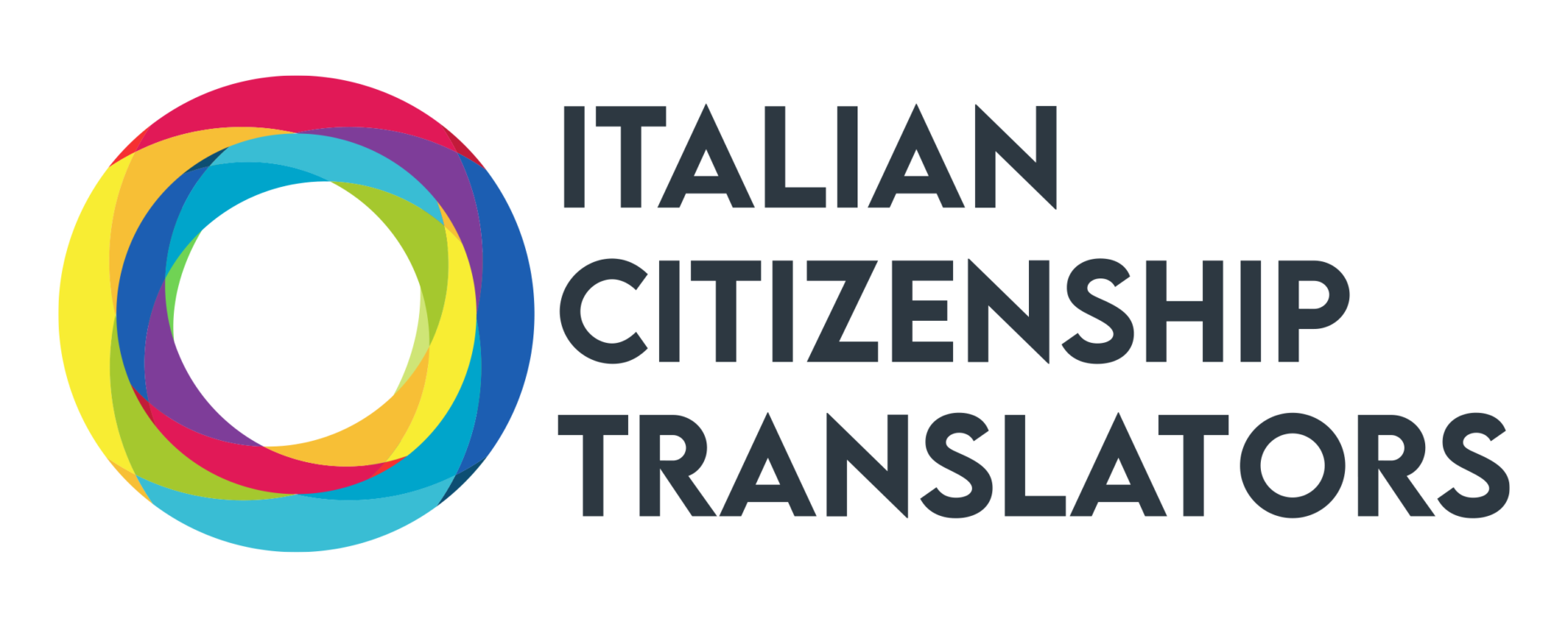If you have an ancestor who was born in Italy, you might qualify for Italian citizenship by descent, particularly if the ancestor never naturalized. With no generational limit (so long as the ancestor was alive after 1861, when Italy became a country) and relatively flexible citizenship laws, this is an inviting option for many people. The two main ways of applying for citizenship are via an Italian consulate in your country of residence or directly in Italy at a municipality. How do these processes differ, and how might your choice affect which documents and translations you need? In this article,...
Is There a Register of Translators in Italy?
In previous articles, we have covered the difference between sworn and certified translations and where a translation can be sworn in Italy. With these discussions of legal and professional translations, you might be wondering what qualifies a translator to do such work, and where you can find them. In this article, we will talk about registers of translators in Italy, so you can find the best one for your translation needs.
Types of translators
As mentioned in another article, there is an important difference between translators and interpreters. Essentially, the former deal with texts, while...
Translations Certified by the Justice of the Peace or Court: How Does it Work?
When you get your documents translated for your citizenship application or Italian real estate purchase, you might know that such translations not only need to be professionally done but, in some cases, even certified. There are two types of certifications: one done before a public notary by the translator (or by the Italian consulate), and one that is sworn before legal authorities. While we have previously touched on the difference between a certified and sworn translation, we have not covered the sworn translation in more detail, including the two different methods in which a translation...
What is a Marca da Bollo and When Do You Need One?
Collecting all the documents you need for your citizenship application, property purchase, immigration appointment, or any other number of bureaucratic hurdles can be daunting enough. Then, as we’ve covered in previous articles, you need to figure out which documents need to have an Apostille, which need to be translated, and specifically, which require sworn translations.
The journey doesn’t end there. Some of your documents will also require the payment of a tax. What is this, which documents require it, and how do you pay it? We will answer these questions and more in the below article.
What...
What is the Difference Between Interpreters and Translators?
In the world of linguistics, interpreters and translators occupy very different spaces. Both equally important, their roles cover different needs and sectors in the field of cross-cultural communication. What are these differences? Is there any overlap? Most importantly—which one do you need for your citizenship application? We cover these topics and more below.
Differences in practice
The primary and most important difference between interpreters and translators is in their practice. At the most basic, fundamental level, interpreters deal with oral translations while translators deal with written...
A Short History of Translation
The history of translation is a long and complex topic too deep for a blog post. However, knowing you need professionally translated documents for your citizenship application might have you more curious about the process and history behind the field. Just as we find it a joy and pleasure to bridge two countries in handling translations for prospective dual citizens, translation itself has inherently involved a connection of cultures. Read on to learn more, and perhaps get inspired to learn Italian in Italy once you have your citizenship.
The Earliest Translations
The practice of translation...






